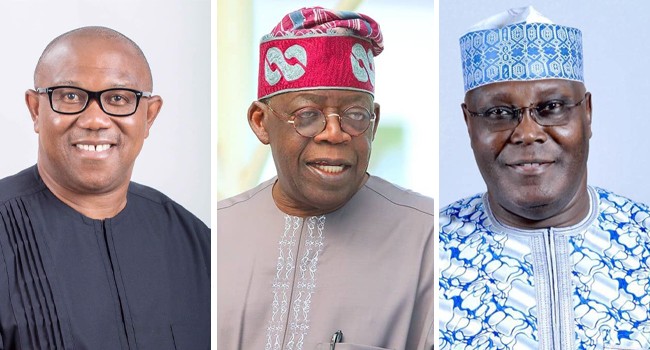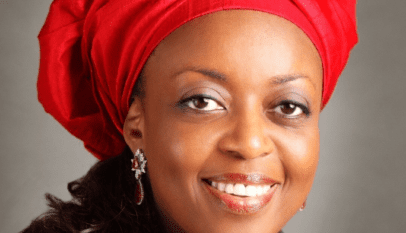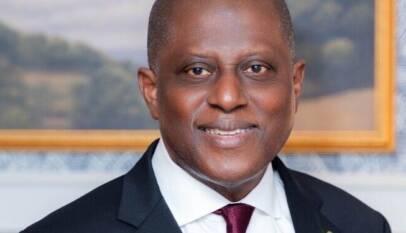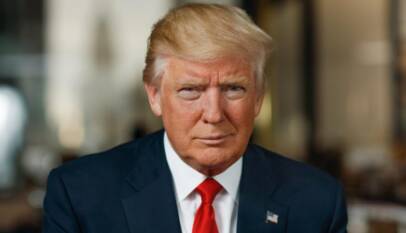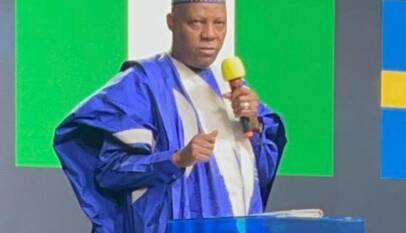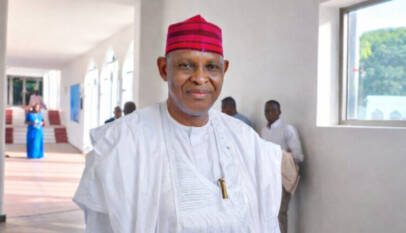As Nigeria begins to look towards the 2027 general elections, the political landscape is already showing signs of significant realignments. Political parties are reconfiguring, new alliances are emerging, and potential candidates are beginning to position themselves for what promises to be another fiercely contested election. These developments are not only shaping the future of Nigerian politics but also reflecting broader trends in the country’s evolving democratic process.
The APC and PDP: Shifting Dynamics
The two dominant political parties in Nigeria, the All Progressives Congress (APC) and the People’s Democratic Party (PDP), are at the center of these realignments. The APC, currently in power, faces the challenge of maintaining unity within its ranks, particularly as internal divisions over leadership and policy direction become more pronounced. The party must also contend with the challenge of selecting a presidential candidate who can unify its diverse factions and appeal to the broader electorate.
On the other hand, the PDP, which has been the main opposition party since 2015, is working to rebuild its support base after a series of electoral defeats. The party is looking to capitalize on any perceived weaknesses within the APC while addressing its internal challenges, such as leadership disputes and the need for greater inclusivity in candidate selection.
Both parties are likely to see significant shifts in their leadership structures in the coming years, with younger politicians and new faces emerging as key players. The struggle for control within these parties will likely shape the nature of the alliances that emerge as the 2027 elections approach.
Emerging Alliances and Third Forces
Beyond the APC and PDP, there is growing interest in the potential for third-force movements and coalitions to disrupt the traditional two-party dominance. Several smaller parties and political movements are exploring the possibility of forming alliances that could present a viable alternative to the established parties.
These emerging alliances are likely to be driven by shared interests and a desire to address specific issues that resonate with voters, such as anti-corruption, economic reform, and improved governance. The success of these alliances will depend on their ability to present a cohesive platform and to attract credible candidates who can inspire public confidence.
In addition to political parties, civil society organizations and grassroots movements are playing an increasingly important role in shaping the political discourse. These groups are advocating for greater transparency, accountability, and citizen participation in the political process. Their influence could be a key factor in the formation of new political coalitions ahead of the 2027 elections.
Potential Presidential Candidates
As the political realignments continue, speculation is already mounting about potential presidential candidates for the 2027 elections. Several high-profile politicians have been mentioned as possible contenders, each representing different regions, ideologies, and political backgrounds.
Among the names frequently mentioned are current and former state governors, serving senators, and influential business leaders. The choice of candidates will be crucial in determining the direction of the 2027 elections, as voters increasingly demand leaders who can address the pressing issues of insecurity, economic hardship, and governance.
The regional dynamics of candidate selection will also be significant, with the longstanding tradition of zoning—the rotation of the presidency between the North and the South—likely to play a role in the selection process. However, there is growing debate over the relevance of zoning in contemporary Nigerian politics, with some arguing that it should be replaced by a merit-based system that prioritizes competence over regional considerations.
The Role of Youth and Women in Politics
One of the most notable trends in the lead-up to the 2027 elections is the increasing involvement of young people and women in politics. The #NotTooYoungToRun movement, which successfully advocated for the reduction of the age limit for political office, has empowered a new generation of political leaders who are eager to bring fresh ideas and perspectives to the table.
Similarly, there is a growing push for greater representation of women in political leadership. Although women remain underrepresented in Nigerian politics, there is increasing recognition of the need for gender inclusivity in decision-making processes. Several women’s rights organizations are actively campaigning for policies that promote women’s participation in politics, and it is expected that more women will seek elective office in the 2027 elections.
Conclusion: The Road to 2027
The political realignments currently taking place in Nigeria are setting the stage for what could be one of the most consequential elections in the country’s history. As parties and candidates jockey for position, the choices made in the coming years will have a profound impact on the direction of Nigerian politics and governance.
The 2027 elections will not only be a test of the resilience of Nigeria’s democracy but also an opportunity to address the challenges that have long hindered the country’s development. As the political landscape continues to evolve, voters will be watching closely to see which parties and candidates can offer a vision for a more just, prosperous, and secure Nigeria.

